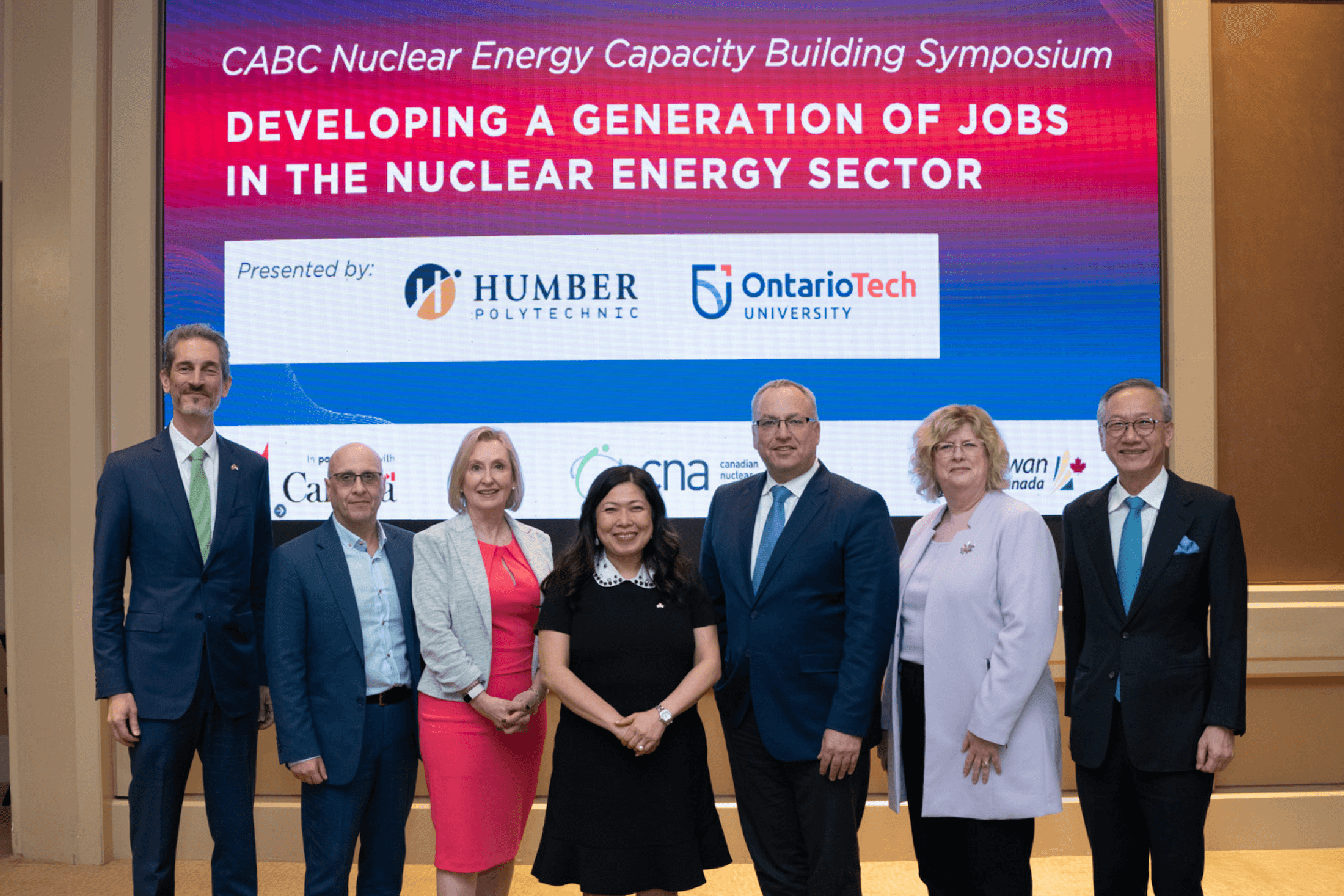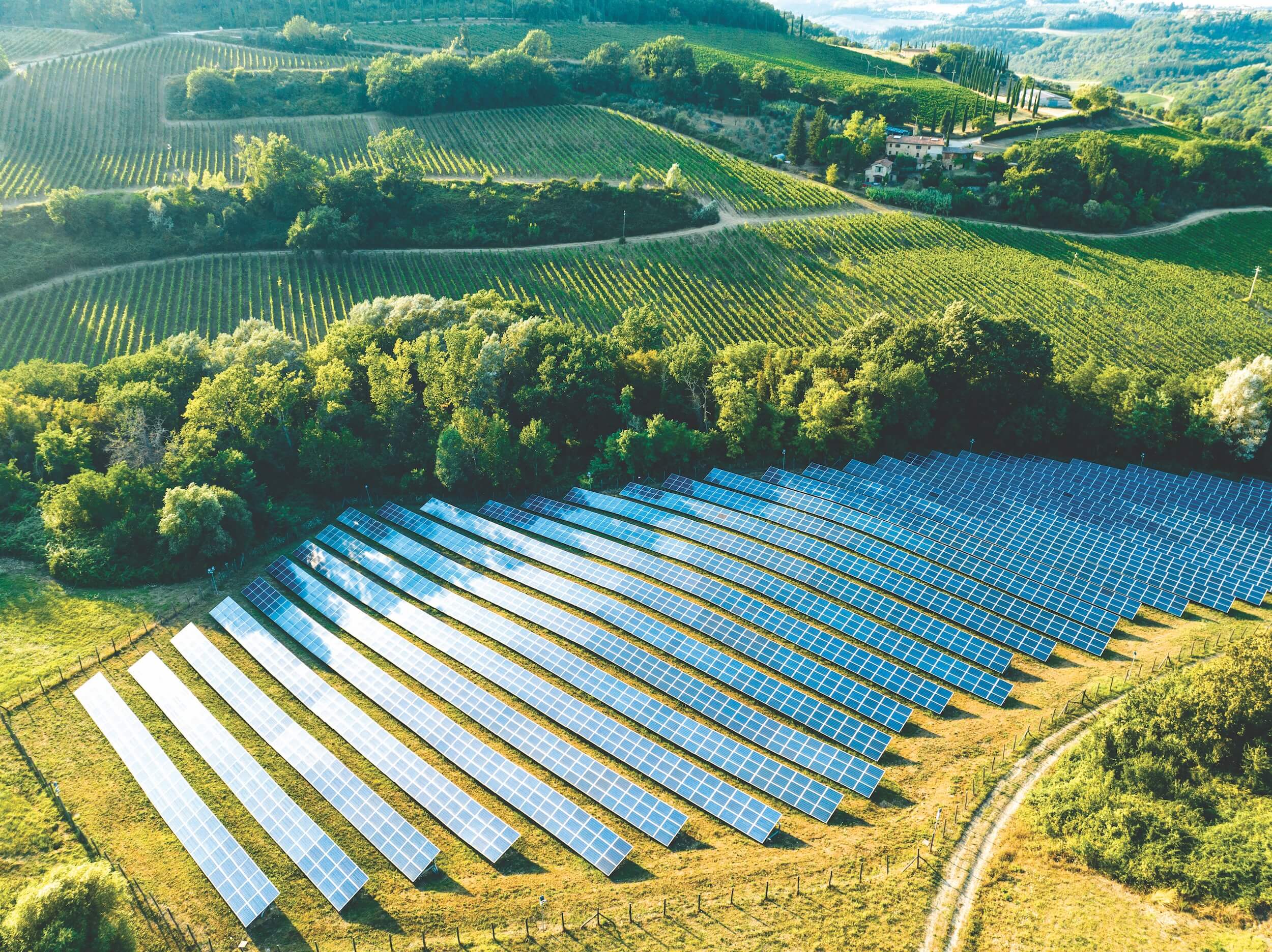



Cities are at the frontline of key global trends and challenges affecting the region, from pandemic to climate change and digitalisation to inclusive growth. Around half of ASEAN’s people already live in urban areas, and by 2025, a further 70 million people in this region will be city dwellers. Rapid urbanisation would place increasing pressures on most of these cities that may not be adequately equipped to deal with a growing range of potential threats.
Pursuing smart and sustainable urbanisation in ASEAN can help cities to recover from and adapt to current challenges and better prepare for future problems, whether these are internal or external, short-term or long-term, expected or unexpected. Smart and sustainable urbanisation has therefore become an important part of ASEAN’s efforts to raise the standards of living of its peoples and empower them to seize opportunities and tackle head on whatever challenges may arise in the coming years. Connecting urban areas can also strengthen regional production networks and promote inclusive growth.
This is where enhancing ASEAN Connectivity and increasing investments in infrastructure are critical.
The COVID-19 pandemic has highlighted the promise and possibilities of smart and sustainable urbanisation. One key development is the need to use technology. Whether it is sustainable public transport options or low carbon technology solutions, innovation and technology will shape the future of cities in ASEAN. With technology redefining what is possible for cities to achieve, it is essential to build the capacity and capability of the region’s human capital to seize this opportunity.
A mid-term review of the Master Plan on ASEAN Connectivity (MPAC) 2025 conducted in 2020 showed the increasing relevance of connectivity in supporting the socio-economic recovery and strengthening the resilience of the ASEAN Member States and their cities as they emerge from the pandemic. This is also emphasised in the ASEAN Comprehensive Recovery Framework (ACRF) adopted by ASEAN Leaders at the 37th ASEAN Summit in November 2020. The ACRF underscores the need to synergise ASEAN’s initiatives in sustainable urbanisation and smart city development through the ASEAN Sustainable Urbanisation Strategy (ASUS) and the ASEAN Smart Cities Network (ASCN).
The establishment of ASCN and ASUS in 2018 provided a platform to share best practices and generate more opportunities for growth, innovation, capacity-building, and inclusive sustainable urban development. The ASCN and ASUS share a similar framework and focus on six areas, namely: civic and social; health and well-being; security; quality environment; built infrastructure; and industry and innovation.
Connecting cities across ASEAN through exchange of knowledge and expertise is one way to promote sustainable actions and solutions. In addition, cities’ varying capacities and journeys in managing urban challenges provide opportunities for enhanced collaboration.
The prioritisation of actions and the development of ASUS toolkits had emerged from the finding that many cities in ASEAN lack a comprehensive long-term strategy to guide them in implementing their sustainable urbanisation actions or lack the capacity to develop financially viable proposals. Cities can use the ASUS toolkits to prioritise their sustainable urbanisation actions as well as develop action plans or project proposals relevant to their unique contexts. Moreover, funders and investors often consider small-scale city projects unattractive due to the high transaction costs of evaluating proposals.
Developing smart and sustainable urbanisation requires a holistic approach. Every city is different. It is essential to appreciate the underlying fabric of a city, the systems they are in, and the risks they face. Understanding the specific challenges to a particular city and their potential impacts is vital for ensuring that the city can effectively respond to them. We can learn from the good practices around the world, which are emerging and evolving. There is thus a need for concerted multi-sectoral collaboration and partnerships among different government institutions, private sector, non-governmental organisations, international organisations, and other external partners.
Hence, ASEAN has collaborated with various partners, through ASCN and ASUS, to support cities across the region in developing action plans, undertaking city diagnostics, and developing technical project proposals, among other initiatives.
For instance, in collaboration with the United Nations Human Settlements Programme (UN-Habitat), ASEAN has been working with cities to undertake city diagnostic exercises towards developing city technical proposals. The city technical proposals will help cities in engaging partners for further technical assistance, financing, and implementation.
In addition, ASEAN is working with the UN-Habitat in preparing for the ASEAN Sustainable Urbanisation Forum in the third quarter of 2021 and the Report on the State of Urbanisation in ASEAN to be completed by the end of the year. The Forum will serve as a multi-stakeholder platform for policy discussions and knowledge sharing. The Forum will also provide an opportunity for cities to engage partners to explore potential cooperation for city projects, refine and finalise the cities’ technical proposals. Meanwhile, the Report on the State of Urbanisation in ASEAN is intended to give a more in-depth understanding of where ASEAN cities are in terms of sustainable urbanisation efforts and what can be done further to support national and local government endeavours in responding to the challenges and opportunities within the ASUS priority actions.
Achieving smart and sustainable urbanisation will not be easy. The cities need to look at their key threats, priorities, and goals and identify what resources are required to deliver their smart and sustainable urbanisation vision. It is also useful to assign roles and responsibilities for individual and collective actions over time and in the event of a shock. The implementation of ASEAN smart and sustainable urbanisation initiatives will continue to complement other ASEAN efforts on infrastructure, digital connectivity, the fourth industrial revolution, and mainstreaming gender equality and the rights of persons with disabilities.
Through collaborations and partnerships, ASEAN will develop a strong network of cities with a pipeline of smart and sustainable urbanisation projects that will benefit the peoples of ASEAN.








